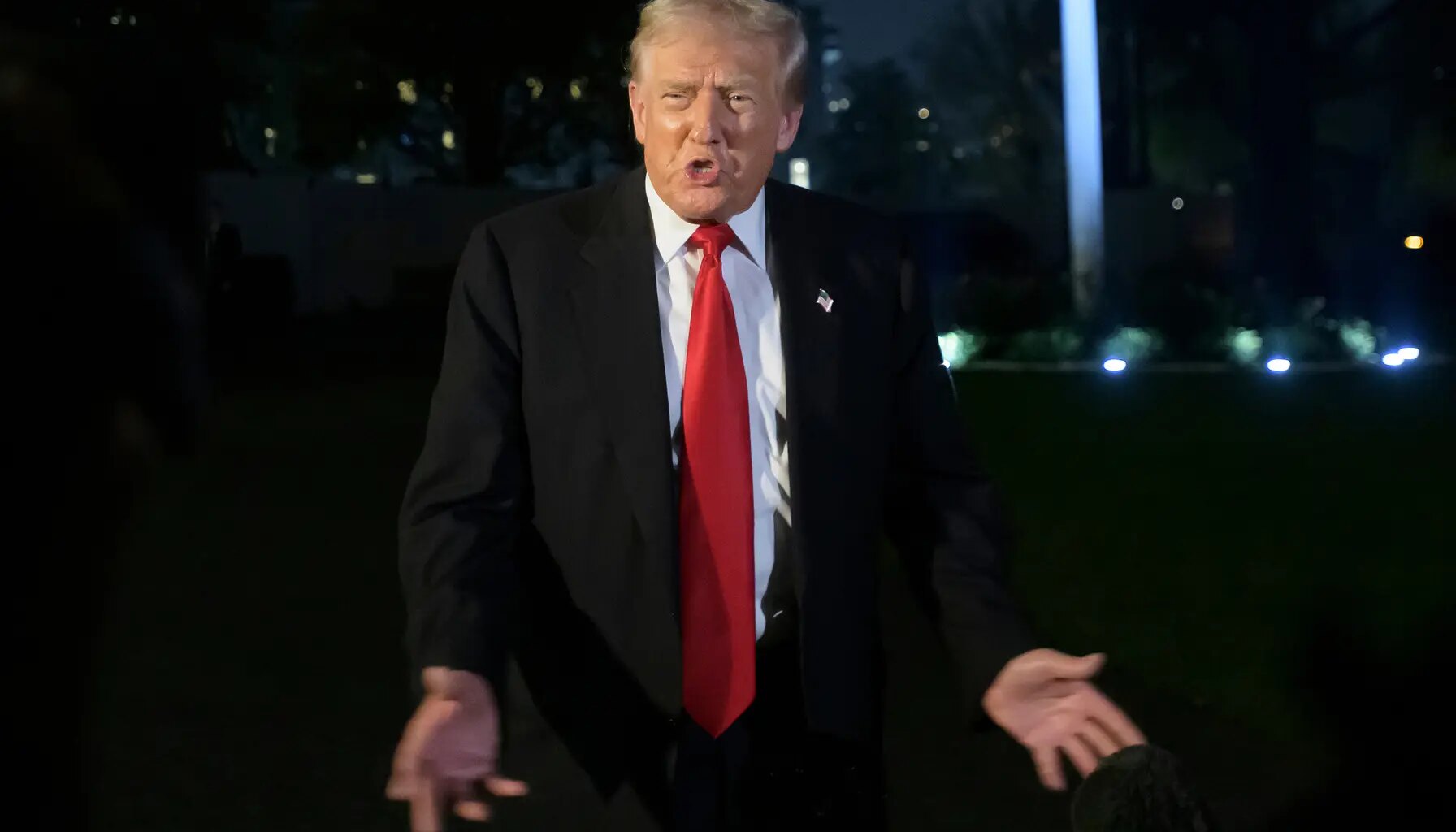Tariff rebate checks: US president Donald Trump’s plan to send $2,000 checks to lower and middle-income Americans has stirred debate among economists, who warn the proposal could fuel inflation and strain the federal budget, as per a report.Trump’s $2,000 Tariff-Funded Checks Spark Economic DebateTrump announced the idea on Truth Social, saying every eligible American would receive a “dividend of at least $2000 a person (not including high income people!)” funded by tariff revenues, as per a Newsweek report. The plan, however, has not been formally introduced as policy, and many questions remain about how it would work and whether it’s financially viable.
Economists Warn Trump’s $2,000 Payments Could Fuel InflationSeveral experts told Newsweek that Trump’s plan could push prices higher, as Erica York, vice president of federal tax policy at the Tax Foundation, said, “Sending out checks to Americans is a recipe for higher inflation at a time when inflation is still stubbornly too high,” adding, “The president is pushing the Federal Reserve to cut interest rates, while he is also now pushing for higher spending—those two policies in combination would seriously threaten a return of higher inflation,” as quoted by Newsweek.
ALSO READ: Big Short Michael Burry warns: Meta and Oracle may be hiding billions and fudging earnings by over 20%Economists Compare Trump’s Plan to Pandemic-Era StimulusHarvard economics professor Kenneth Rogoff agreed, saying the $2,000 payments would “of course” drive inflation up, similar to the effects of pandemic-era stimulus checks, as per the report. Research from the Federal Reserve Bank of St. Louis showed that such fiscal stimulus during COVID-19 increased annual inflation by about 2.6%, though it also helped avoid deeper economic trouble, reported Newsweek. Live Events
Live Events
Lessons From the 2021 American Rescue Plan on Inflation RisksMaurice Obstfeld, a senior fellow at the Peterson Institute for International Economics, said “The experience of the American Rescue Plan in 2021 shows that such rebates would be inflationary,” adding, “Already under pressure from higher prices of necessities, most households would spend rather than save the money, driving prices even higher,” as quoted in the report.ALSO READ: Nvidia now worth more than Japan’s entire economy — just 30,000 employees vs 124 million peopleCan Tariff Revenues Really Fund Trump’s $2,000 Rebate Checks? Experts Doubt ItEconomists also questioned whether tariffs alone could pay for such large payments. The Treasury Department reported that customs duties brought in about $195 billion in the 2025 fiscal year, reported Newsweek.
Obstfeld estimated that “Even if the $2,000 checks are awarded per household (not per person), and only to households earning less than $100,000 per year, the budgetary cost would be more than $200 billion,” as quoted in the report. He added, “This sum is close to the revenue Trump’s tariffs will probably yield this year, and more than half of the cost of extending the Obamacare subsidies for 10 years,” and said, “The checks would contribute materially to a U.S. federal deficit that is already unsustainably large,” as quoted by Newsweek.
FAQsWhat is Donald Trump’s $2,000 check proposal?
It’s a plan to send $2,000 payments to lower- and middle-income Americans using money raised from tariffs.
Who would qualify for Trump’s $2,000 checks?
Trump said the payments would go to lower- and middle-income Americans, excluding high-income earners.
